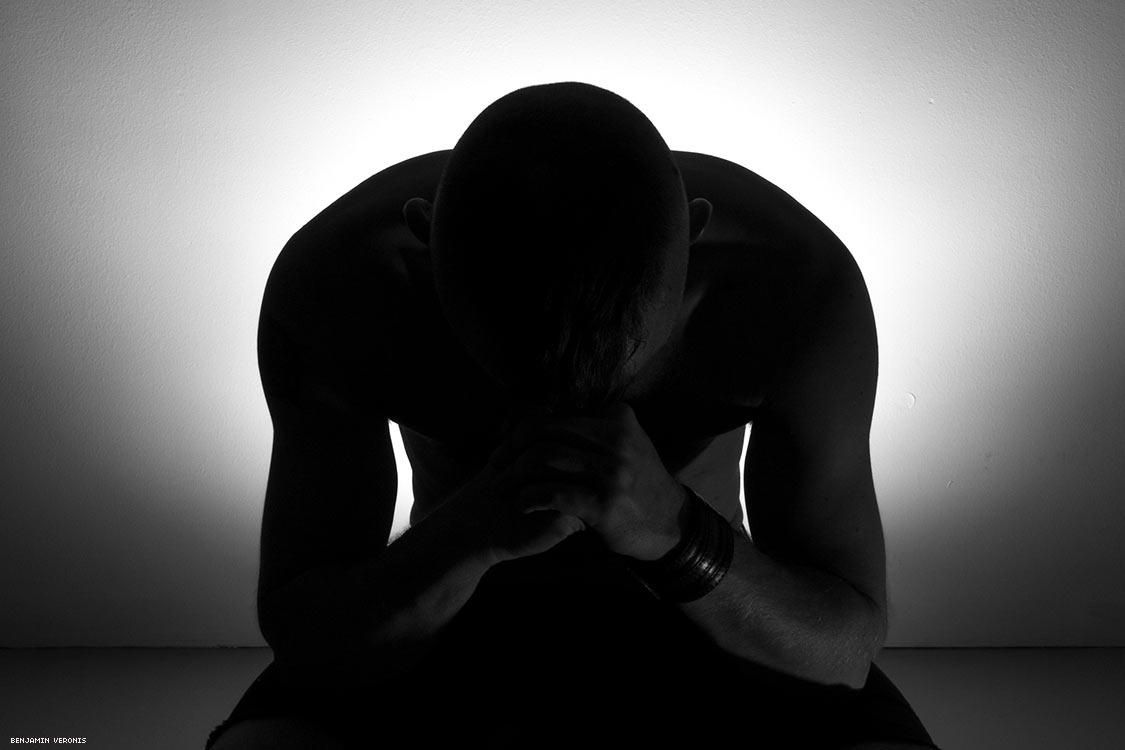In the exploration of Bahá’í teachings, one observes a compelling interplay between prayer and the revolutionary concept of solidarity. These elements not only awaken feelings within individuals but also serve to enrich collective life on a communal level. How often do we pause to reflect upon the role of prayer in fostering unity among diverse peoples? The challenge remains: How can we transform the act of prayer into a powerful catalyst for collective identity and action? This question invites contemplation on the ramifications of spiritual practices in contemporary society, especially amidst the diversities of belief and culture.
At its core, the Bahá’í Faith posits that prayer is not merely an individual exercise, but a means of connecting with the Divine and cultivating a deeper shared experience among humanity. Bahá’u’lláh, the founder of the Bahá’í Faith, imbued the concept of prayer with profound significance. It serves as a bridge between the human and the divine, a conduit that enables individuals to transcend the limitations of the self and emerge toward the collective. In this context, the act of prayer transforms into a collective endeavor, where the intentions and hopes of individuals coalesce into a unified call for solidarity.
One of the salient features of Bahá’í prayer is its emphasis on intentionality. When individuals engage in prayer, they are encouraged to articulate their innermost desires while simultaneously nurturing a connection with others. This practice cultivates a sense of empathy and awareness that can reverberate across communities. As prayers are recited, participants are reminded that they are part of a larger tapestry of humanity, all striving for a common purpose: the betterment of the world.
Moreover, the Bahá’í teachings underscore the concept of prayer as an expression of solidarity, particularly in times of adversity. Collective prayer serves to fortify communities during periods of societal unrest or personal calamity. For instance, when groups come together to pray for peace, their combined hopes and aspirations foster a palpable sense of belonging. The act of collectively invoking the Divine invites transformative energies that can uplift and inspire, creating a fertile ground for interpersonal connections.
However, the transformative potential of prayer as a medium for solidarity does not come without challenges. In an increasingly fragmented world, how do individuals maintain a coherent sense of community in their spiritual practices? This challenge requires a reevaluation of how prayer rituals are integrated into daily lives. The Bahá’í Faith provides an array of practical frameworks that encourage communal engagement and collective reflection. These frameworks are not only avenues for personal growth but also challenge individuals to evolve together toward a shared vision of peace and understanding.
The structure of Bahá’í community life often organizes regular gatherings where prayer is central to communal activities. These gatherings are imbued with a spirit of inclusiveness, accommodating members from diverse backgrounds and beliefs. This approach exemplifies how prayer can harmoniously knit together the fabric of society. By fostering environments where all feel welcomed and valued, the Bahá’í teachings illuminate the path towards collective solidarities.
Additionally, the act of communal prayer holds intrinsic educational value. It serves to enlighten participants about the tenets of the Bahá’í Faith and the principles of unity and equity. Through collaborative prayer initiatives, participants delve into discussions on important social issues, allowing theological explorations to catalyze civic action. The fluid interaction between spiritual contemplation and social responsibility forms a vital nexus that enriches both individual and collective journeys.
Bringing prayer into a practical realm is particularly salient in addressing pressing global challenges. It is vital to recognize that prayer is not an escape from action; rather, it is a precursor to it. Bahá’í teachings highlight prayer’s dual role: first, as a transformative internal practice, and second, as a precursor to actionable solidarity in the world. For instance, initiatives aimed at social justice are often rooted in the collective prayers and intentions of communities working together. These efforts resonate with the scriptural call to service and upliftment. By harnessing the spiritual energies generated by prayer, individuals are better equipped to engage in meaningful social change.
In conclusion, the interrelationship of prayer and solidarity within the Bahá’í framework offers profound insights into enhancing collective life. It invites individuals to nurture an essential relationship with the Divine, thereby awakening feelings of compassion and unity. As we confront our own challenges in fostering a cohesive community, we must ask ourselves whether we are effectively utilizing prayer as a tool for creating solidarity. The ever-unfolding journey towards understanding and embracing the principles of prayer and collective action will undoubtedly enrich our experiences and the world around us.
Ultimately, as the collective human experience unfolds, let us commit to transforming our solitary prayers into unifying actions. It is through such endeavors that we can truly embody the essence of the Bahá’í teachings and contribute to a world that embraces diversity, equity, and solidarity in all its manifestations.
